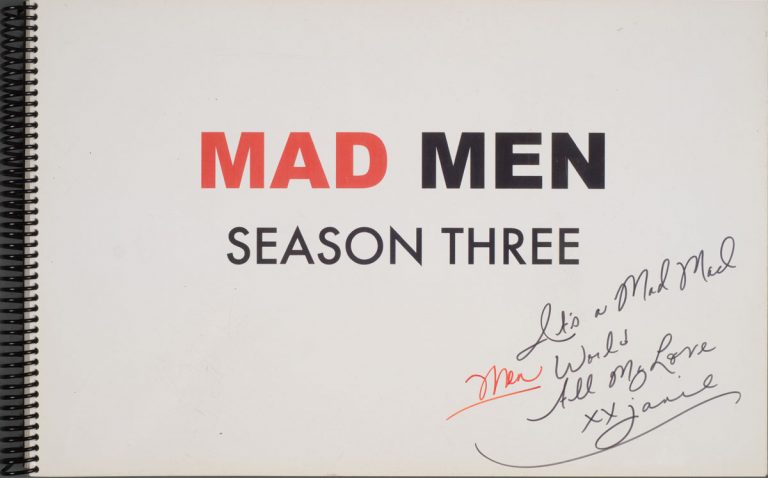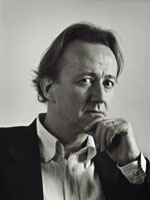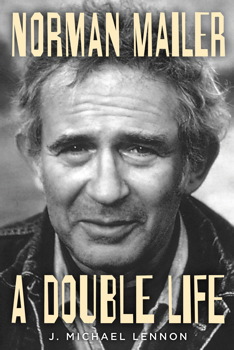The archive for the acclaimed drama Mad Men, one of television’s most honored series in history, has been donated to the Harry Ransom Center. The donation was made by Matthew Weiner, the series creator, executive producer, writer and director; and Lionsgate, which produced the critically acclaimed series. To mark this… read more
Q&A
Q&A with historian Roy Foster
Historian, professor, and author of several works concerning modern Irish history and culture, Roy Foster discusses his experiences exploring the life of Ireland’s William Butler Yeats. As the author of the two-part authorized Yeats biography,
Norman Mailer’s biographer J. Michael Lennon discusses research for his book “Norman Mailer: A Double Life”
In January 1971, J. Michael Lennon wrote a letter of encouragement to Norman Mailer after watching the author get into a raucous televised debate with Gore Vidal. Mailer responded, sparking a lifelong correspondence between the pair. Lennon went on to become Mailer’s personal archivist and authorized biographer, as well as… read more




